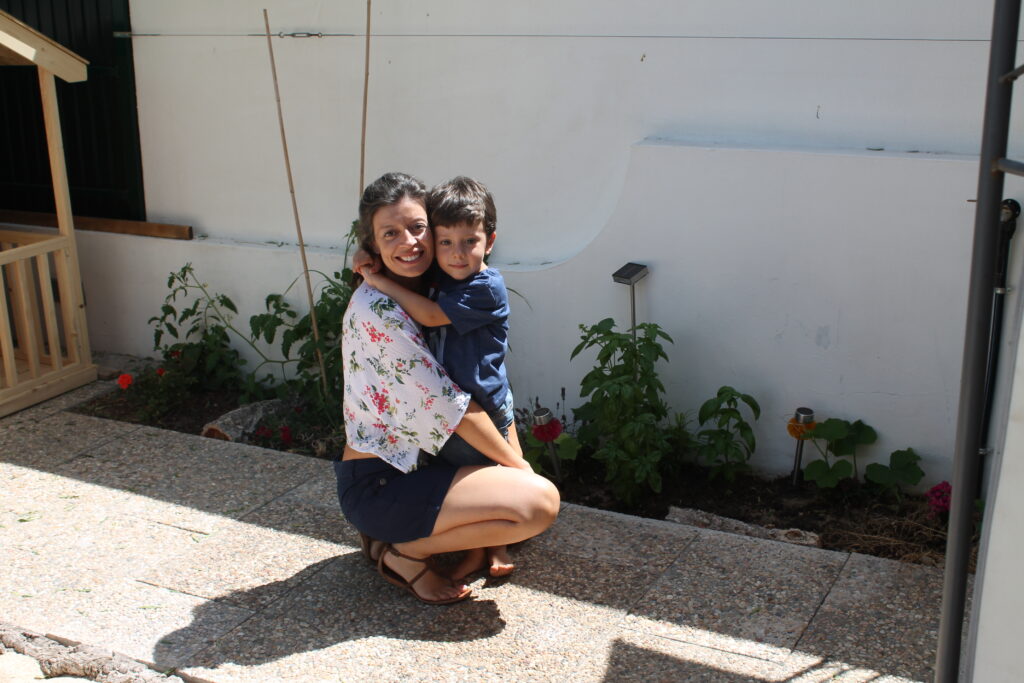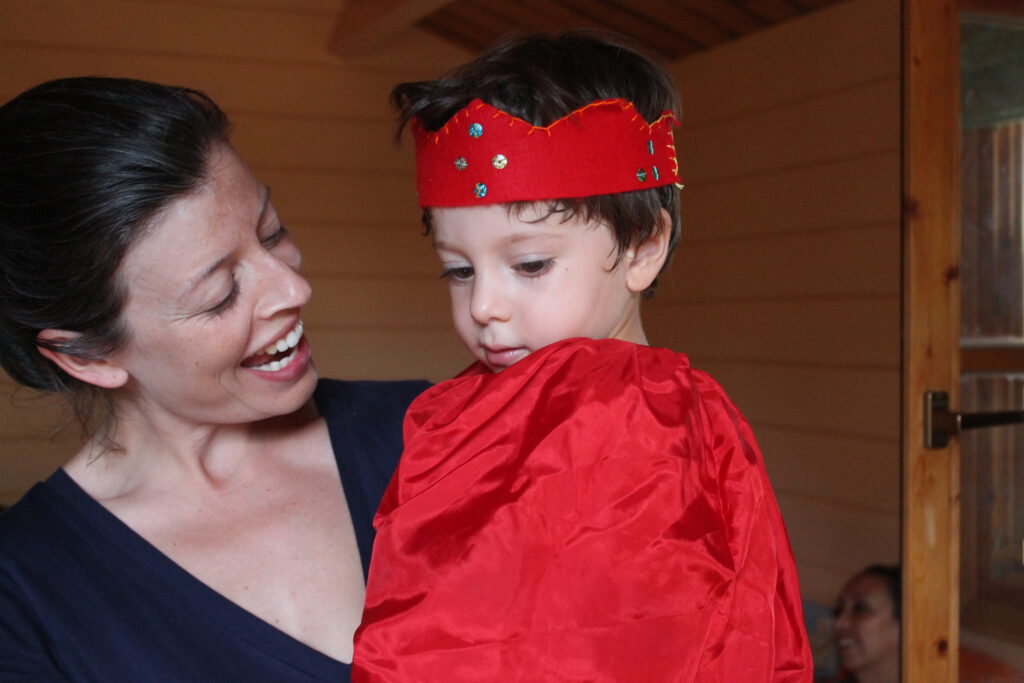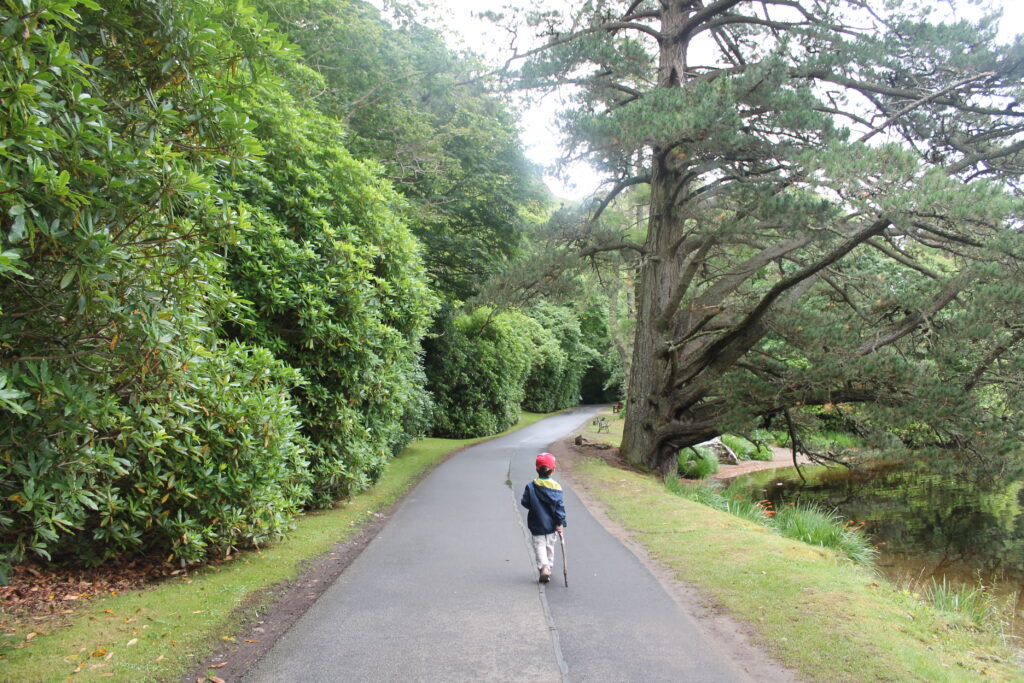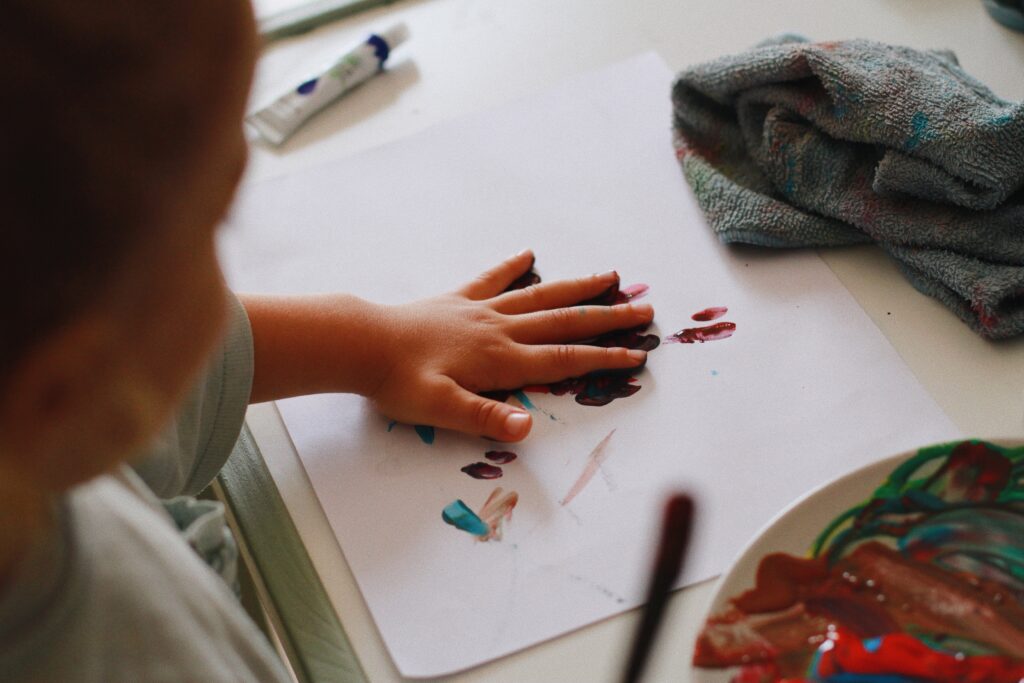From birth and throughout their lives, human beings have a fundamental need to love and be loved. At the beginning of life, evidence shows that so-called “nurturing care”, which includes interaction between babies and their parents or carers, care that responds to the child’s needs and also includes emotional care, has a huge impact on the child’s development, including brain development, and can mitigate the harmful effects of adverse childhood experiences, such as poverty (1). The need to receive nurturing care and to experience loving relationships continues throughout growth. Recently, countries such as Scotland have recognised in their policies and programmes the importance of love for children to reach their human potential, as advocated by the Convention on the Rights of the Child (2, 3). Finally, throughout their adult lives, human beings seek and experience love in various ways, as a man or woman, father or mother, but also for the other, their community or humanity.
In fact, love can be lived in different ways and experienced between parents and children, within a couple or family, between friends, other relationships or, as aforementioned, by humanity itself, and each of these ways of living love is unique. Love is one of the most powerful brain systems (4) and it leads us to feel enormous affection or fondness, to create a strong bond with someone, to desire, care for, protect, trust, help or share with the other. Through love, we experience some of the strongest emotions there are, both positive and negative.
Throughout human history, love has been the subject of discussion, study and inspiration in all forms of art. Love undoubtedly plays a major role in our lives. But what do we really know about this feeling? How does each person experience it? How do we know what we’re looking for in each other? How do we develop our expectations of “romantic” love? How do we know that the love we give our children is sufficient or adequate? Is there an ideal way to experience love? How can we express love? And if love is such a powerful feeling, can it lead us to social transformation?
Love, like all our other fundamental needs, needs to be nurtured and lived, feeling love in itself is not enough. Love is like a living being. It’s not enough to feel “romantic” love for another person, one has to express it through words and gestures and to live it by sharing and experiencing it. Just as love for children is transmitted through care, affection, sharing and other experiences. The same can be applied to love between friends or even love for our community or humanity. Feeling is not enough, we need to know the emotions that make us experience love, to understand how we can experience it as a couple, as a family or even as millions. And we need to make space and time for it, because if this feeling plays such a big role in our lives and well-being, don’t we need to know it, live it, stimulate it and promote it in all social and even political dimensions?
Illustration by Dan23
(1) Black MM et al. (2016) Early childhood development coming of age: science through the life course. The Lancet. Advancing Early Childhood Development: from Science to Scale Series
(2) Véronique Lerch. O amor como um objetivo da política. Jornal Público. 10 de Fevereiro de 2023
(3) Government of Scotland. The Promise. The independente Care Review
(4) Helen Fisher (2007) Why we love, why we cheat. TED Talk





